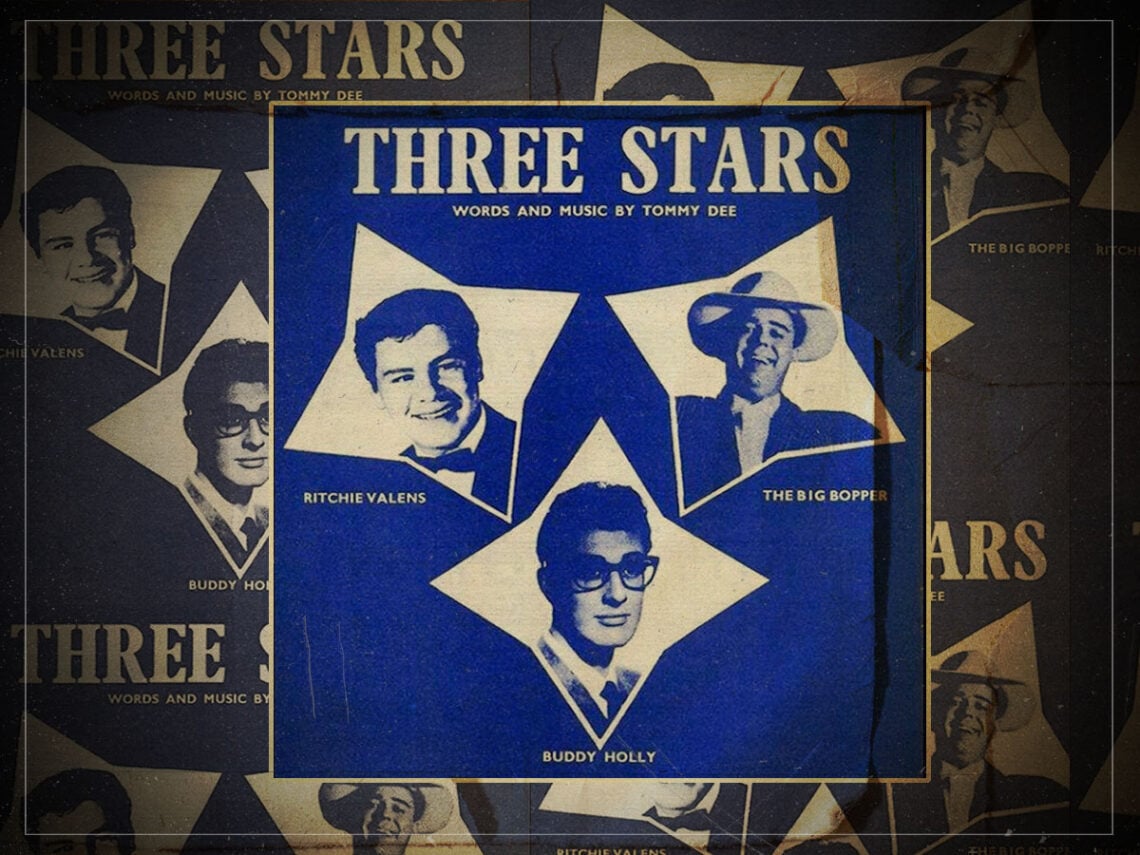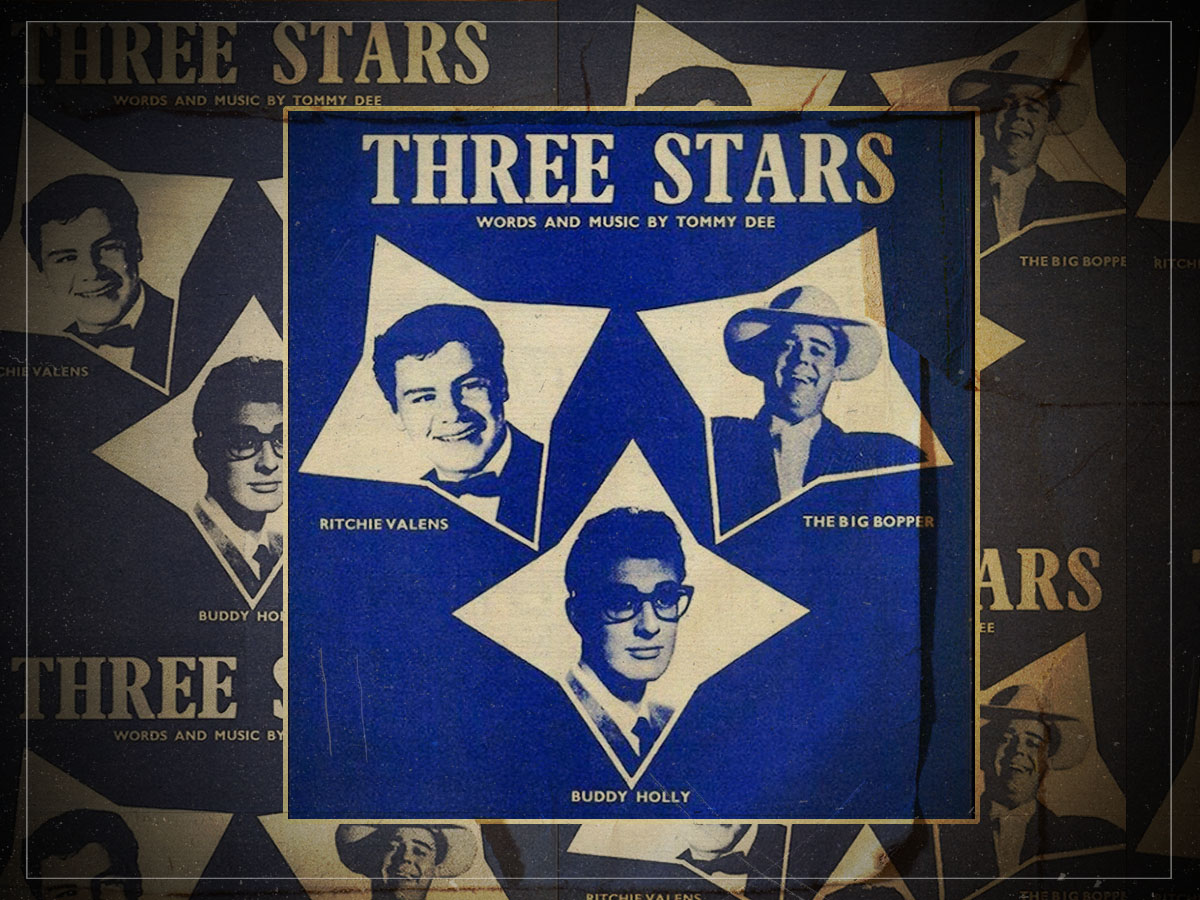
(Credits: Far Out / Album Cover)
Sat 21 June 2025 0:00, UK
Has ‘the music’ ever really died? Well, I’m writing for a music publication, and you’re reading it, so I’d fucking well hope it’s alive and kicking.
Yes, there have been crimes committed against music that make you lose all hope for its future, and if you want to get pedantic, then yes, April 21st, 2011, was the exact date when Leeds-based post-Britpop band The Music called it quits. Other than that, music was in good health last time I checked, and I think it’s got a few years left as things stand.
However, if we’re talking about the historic event that purports to be “the day the music died”, then we’re talking about the death of Ritchie Valens, Buddy Holly and The Big Bopper in a plane crash on February 3rd, 1959. Undoubtedly, it’s regarded as one of the greatest tragedies in the history of rock and roll, and indeed the entertainment industry, and to lose three famous figures in one incident was something that shook fans around the world.
Tributes poured in for all of these fallen icons, and still to this day, the event is referred to by its ominous nickname despite there having been no instant cessation to musical activity in its aftermath. If anything, more music was born after this fateful incident, and the lives of these three musicians have been honoured in the form of many a song, either recounting the harrowing events that unfolded or simply praising the works that they offered during their short time on earth.
Of course, the most famous example of this is Don McLean’s ‘American Pie’, an eight-minute epic that not only directly references “the day the music died”, but ties in many other culturally significant moments from the history of rock and roll. However, it was far from the first tribute to Valens, Holly and The Big Bopper to exist, having been released in 1971, and there was one in particular that gained plenty of attention mere months after their passing.
In April of 1959, Tommy Dee wrote and recorded ‘Three Stars’ with singer Carol Kay, and while the song received little attention at the time, it would be covered by Indiana country artist Ruby Wright, becoming a minor hit in the UK. The song is unusual in its tone, coming across as overly sentimental and trite in its tribute, despite its good intentions, and features horrendously overwrought spoken word verses from radio DJ Dick Pike, who extols the virtues of each of the victims who have now become the titular ‘Three Stars’.
Despite reaching the top 20, the BBC didn’t take a shining to the song at all, and didn’t like the fact that there was such a morbid subject matter not-so-subtly hidden in the midst of all of the saccharine sentimentality, and chose to ban the song from being played on their airwaves after calling it a “nauseating piece of material”. It may not be in poor taste, but it left executives with a sense of unease and was therefore denied further exposure.
For an even spookier coincidence, fellow rock and roll icon Eddie Cochran would cover the song later the same year, and less than a year later would die in a car accident aged only 21. His version of the song wasn’t released until 1966, but you can audibly hear him weeping openly during the take, as if an already grief-filled song didn’t need an extra layer of eeriness.
If you ask me, the song is a bizarre meeting of Vera Lynn’s ‘We’ll Meet Again’ for its generally sappy overtones, The Shangri-Las’ ‘Leader of the Pack’ for its pop-song-cum-tragedy delivery, and ‘Back Home’ as sung by the 1970 England World Cup squad for its simplistic football terrace-esque melody line, and none of these are a compliment. However, what can’t be denied is that it remains the first tribute to “the day the music died”, and aside from its musical transgressions, the decision to remove it from the radio was something that wouldn’t fly, even with today’s supposedly rash approach to ‘cancel culture’.
Related Topics
The Far Out Music Newsletter
All the latest music news from the independant voice of culture.
Straight to your inbox.
